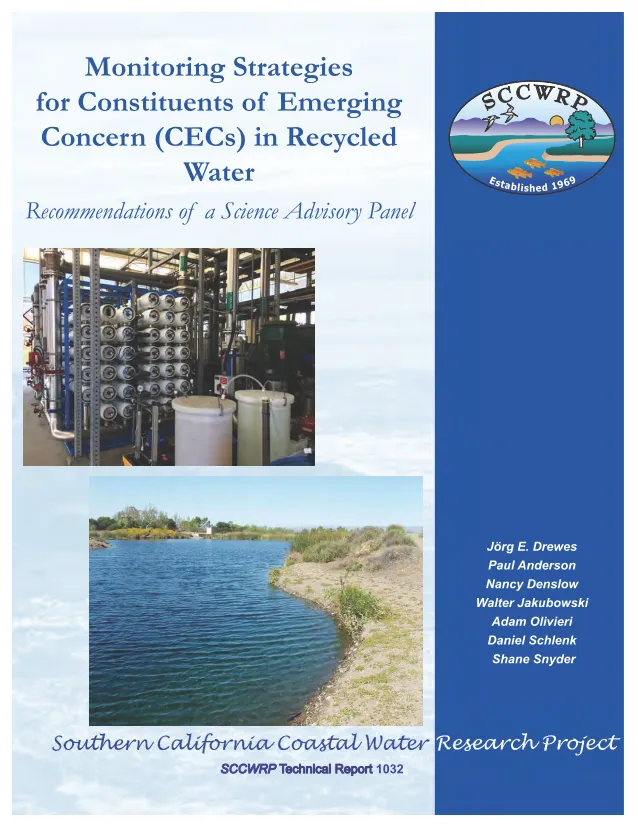With its large population and regionally arid climate, the State of California has a long history of water reclamation and reuse. Now faced with an ever-increasing population as well as diminishing new sources, water reclamation, recycling, and reuse are integral components of water resource planning and management. As evidenced by adoption of the Policy for Water Quality Control for Recycled Water (Recycled Water Policy) in 2009, recycled water is and will continue to be an important water resource across the State. Maintaining a water quality that is protective of both human health and the environment is paramount to the success of the Policy. The current report addresses public health protection, which requires that microbiological pathogens and some chemicals in municipal wastewater (the “source” of recycled water) be attenuated before potable reuse and discharge to the environment. The chemical universe is evolving at a rate that is challenging for traditional risk assessment paradigms, particularly evaluating interactions between complex mixtures of chemicals and transformation products formed during treatment and environmental processes. In order to remain vigilant in comprehensive evaluation of constituents of emerging concern (CECs), more modern water quality characterization tools -- both analytical and bioanalytical -- that may not yet be fully standardized or validated will be needed. Thus, water recycling practices require appropriate treatment barriers and monitoring strategies to minimize exposure to a wide range of CECs that may be harmful to human health.
SCCWRP Technical Report 1032, Link
